
Girl, 5, died days after being misdiagnosed with a cold

What began as a seemingly ordinary illness turned into an unimaginable nightmare for the Kassis family.
When 5-year-old Cathy Kassis started showing signs of illness, her parents took her to the doctor, hoping for reassurance and a swift recovery. Doctors initially dismissed her symptoms as nothing more than a common cold, reassuring her family that she would be fine in a few days.
But tragically, that wasn’t the case.
Her Condition Quickly Deteriorated
Cathy’s health began to worsen rapidly. According to her mother Jasmine, the little girl’s breathing became increasingly labored—“like an asthma attack or someone suffering from emphysema.” Her distress was obvious, yet still, no urgent red flags were raised by healthcare providers.
When Cathy was rushed to the emergency room, doctors performed limited testing—checking only for COVID-19 and RSV. Both results came back negative.
Shockingly, no further bacterial tests were conducted, and Cathy was not prescribed antibiotics, despite worsening respiratory symptoms.
The Silent Killer: Group A Strep
What Cathy was really suffering from was group A Streptococcus—commonly known as Strep A—a bacterial infection that, while usually treatable with antibiotics, can become deadly if left undiagnosed.
Strep A affects millions of children globally every year and is typically manageable with timely medical intervention. However, when neglected, it can trigger severe complications like sepsis, toxic shock syndrome, and multi-organ failure.
That’s exactly what happened to Cathy.
A Mother's Worst Nightmare
After her second hospital visit, Cathy’s condition dramatically worsened.
“She was going in and out of consciousness and had sort of collapsed in Jaz’s arms,” said her stepfather, Justin.
Her lips turned blue, she lost consciousness, and Justin was forced to perform CPR for 10 to 15 minutes while waiting for paramedics to arrive. Cathy was then airlifted to Westmead Children’s Hospital, where doctors worked heroically to save her.
Medical staff performed 78 minutes of continuous CPR in an attempt to revive her, but the prolonged lack of oxygen had already caused irreversible brain damage.
By the time Strep A was properly diagnosed, Cathy’s organs had begun to fail. There was nothing more doctors could do.
A Life Lost Too Soon
Cathy’s story is more than just a tragic medical failure—it’s a powerful reminder of the critical importance of thorough diagnosis and early intervention.
“What I’ve said to everyone is we’re going to worry about those doctors later because that’s a fight for a different day,” Justin said.
“Right now, we just want to make sure no other parent ever has to go through what we did.”
A Hero in the End
Even in death, Cathy continued to make an impact. Her parents made the courageous decision to donate her organs as part of Jersey Day, a national campaign that raises awareness about organ donation.
Their loss gave the gift of life to three other families.
“I just want people to know who Cathy is and what she was able to do,” said her father, Jason.
“She epitomizes a real-life superhero, and not many people can say that.”
“Something that’s been the worst moment of our lives… at least she was able to save three other families, which is a beautiful thing.”
Final Thoughts
Cathy Kassis should be here today. Her tragic story is a harsh wake-up call for the medical community and a plea for all parents to trust their instincts and push for answers when their child’s symptoms don’t feel right.
Strep A is common, treatable, and often overlooked. But stories like Cathy’s remind us: misdiagnosis can be fatal.
Let her memory serve as a light in the darkness, and may her legacy continue through the lives she saved.
News in the same category

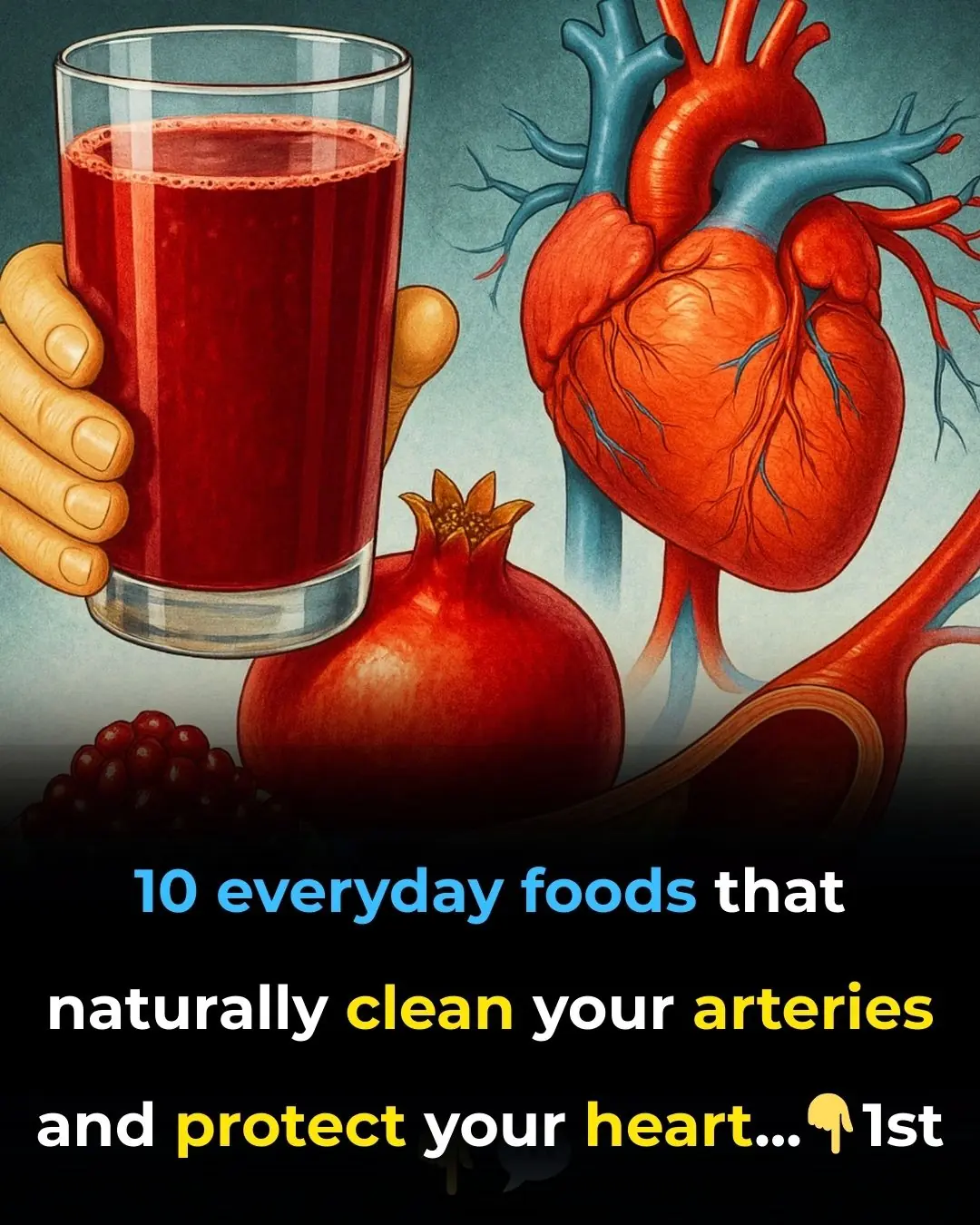
Top 10 foods that unclog arteries naturally and prevent heart attack

10 Warning Signs You’re Eating Too Much Sugar – Many People Ignore #5
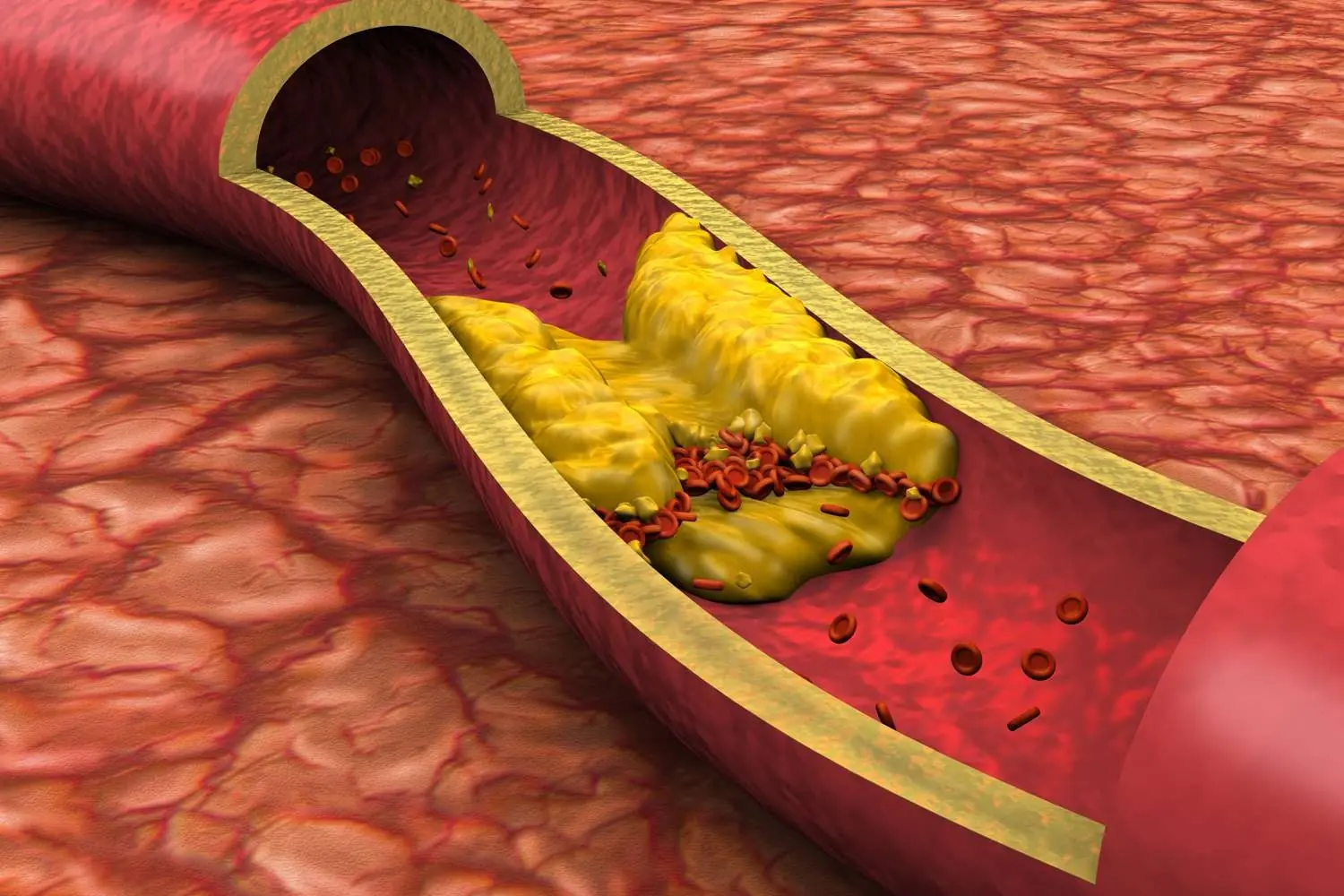
Clogged Arteries Mean Poor Blood Circulation and Risks of Heart Attacks. Here is How You Can Clean Your Arteries from Plaque

Get Rid of Throat Mucus Faster With These Simple Natural Treatments That Work

Scientists Have Discovered Hidden Brain Patterns That May Predict Your Intelligence
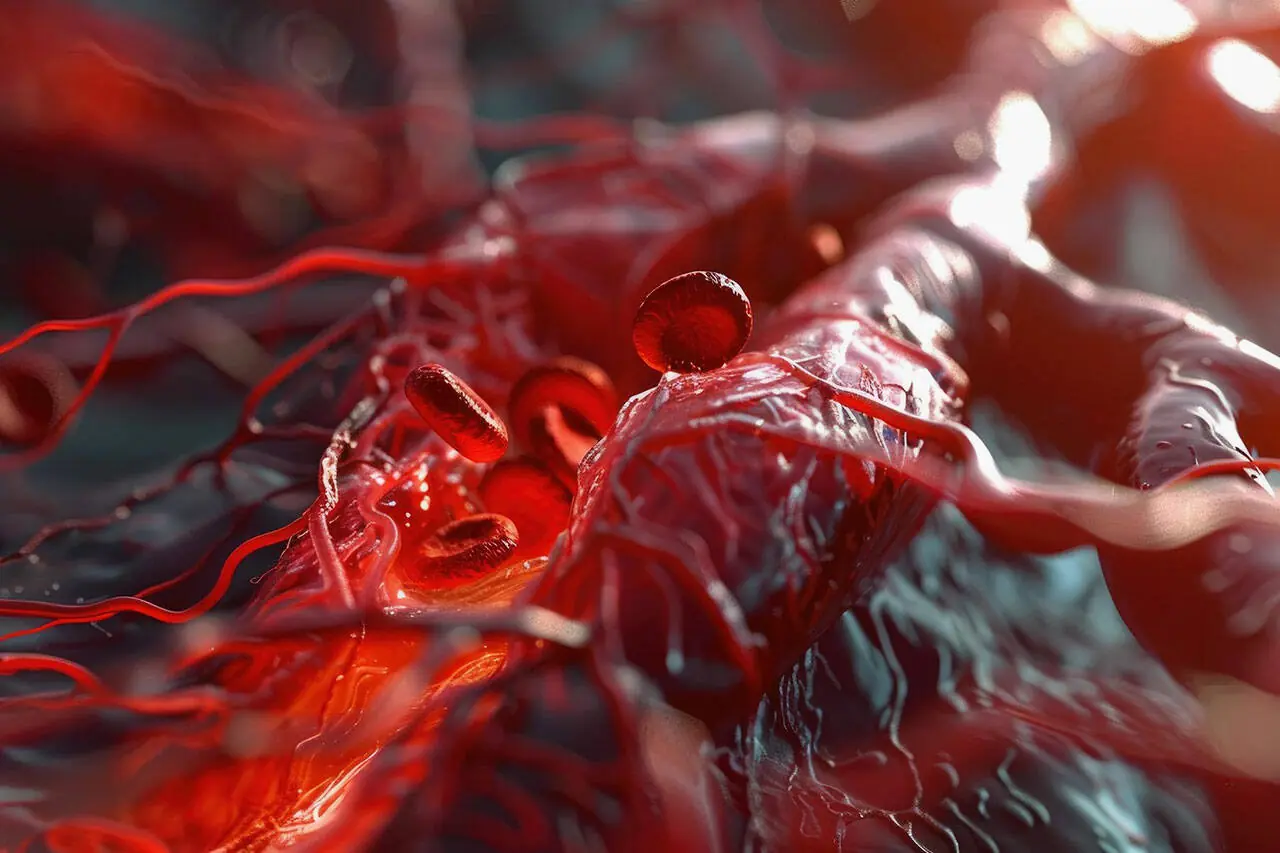
One Vitamin That Could Transform Your Circulation

Why Cold Showers on Hot Summer Nights May Keep You Awake

Lesser-Known Menopause Symptoms

Signs Your Cortisol Is Dangerously High
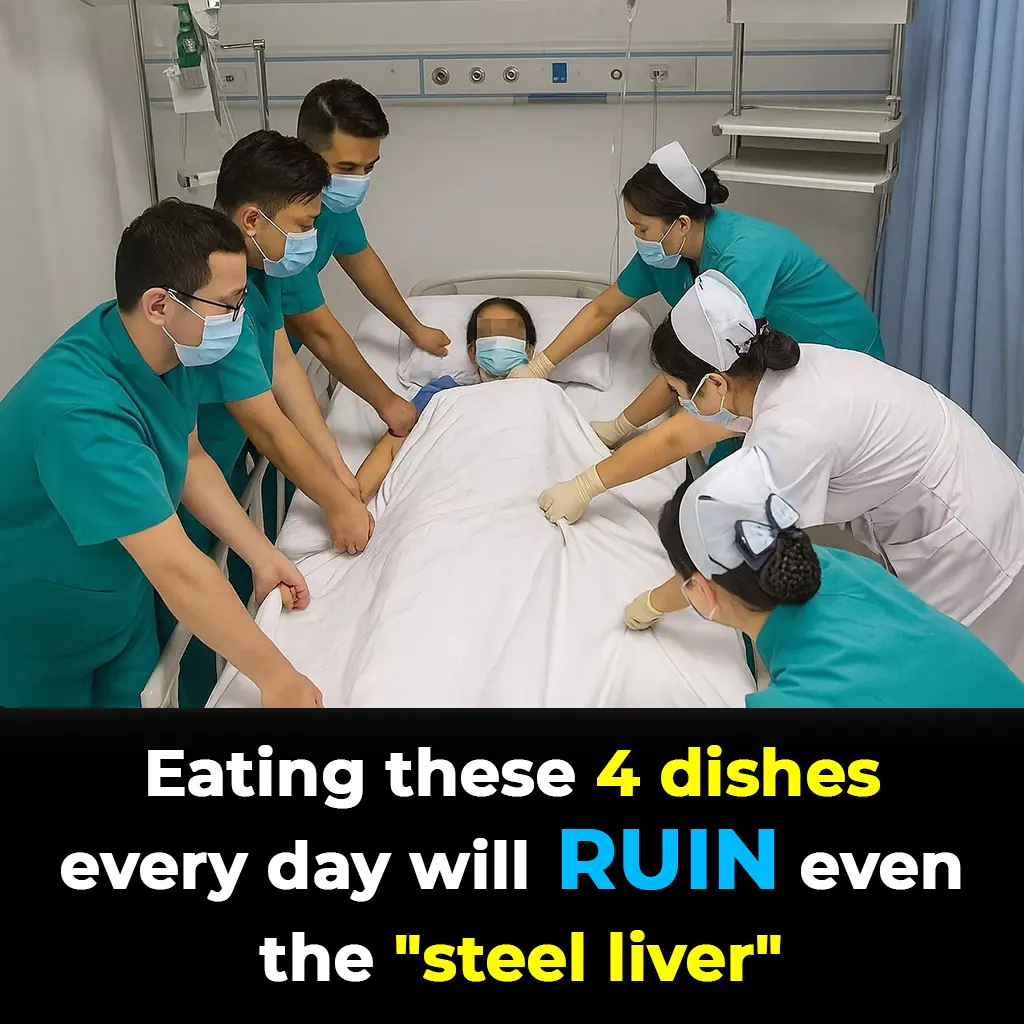
He Never Drank Alcohol but Died of Liver Failure: Doctors Reveal 4 Common Foods That Quietly Destroy the Liver
A man who stayed away from alcohol his entire life shocked his family when he was diagnosed with liver failure and passed away at just 55 years old. Doctors warn that alcohol is not the only enemy of the liver—certain everyday foods can be just as destr

Vitamin D Overdose: When Good Intentions Turn Toxic
Vitamin D is often celebrated as the “sunshine vitamin,” vital for bone strength, immune health, and even protection against certain chronic diseases. But while moderate amounts are essential, excessive or unsupervised intake can be toxic—and in som

6 Types of Pain You Shouldn’t Ignore
Occasional mild discomfort may not require urgent care, but sudden, unexplained, or severe pain always deserves medical attention.

Scrolling on the Toilet? Experts Warn It Could Trigger Painful Hemorrhoids
For many, the bathroom has become more than a necessity—it’s a private escape, a brief pause in the day, and for some, even a mini reading lounge. But researchers warn that lingering too long with your smartphone on the toilet may quietly be raising y

Stroke Rates Soar Among US Adults: Experts Warn of Alarming Trend
The burden of stroke in the United States has climbed sharply over the past three decades, with millions now living with its long-term effects. While medical progress has reduced mortality rates, the overall number of cases continues to rise—especially

Beetroot Juice’s Nitrate Effect: A Natural Way to Support Heart Health
Beetroot juice isn’t just a vibrant superfood—it may hold the key to naturally lowering blood pressure, especially for older adults. A new study shows how the nitrates in this root vegetable can transform cardiovascular health and reshape the body’s
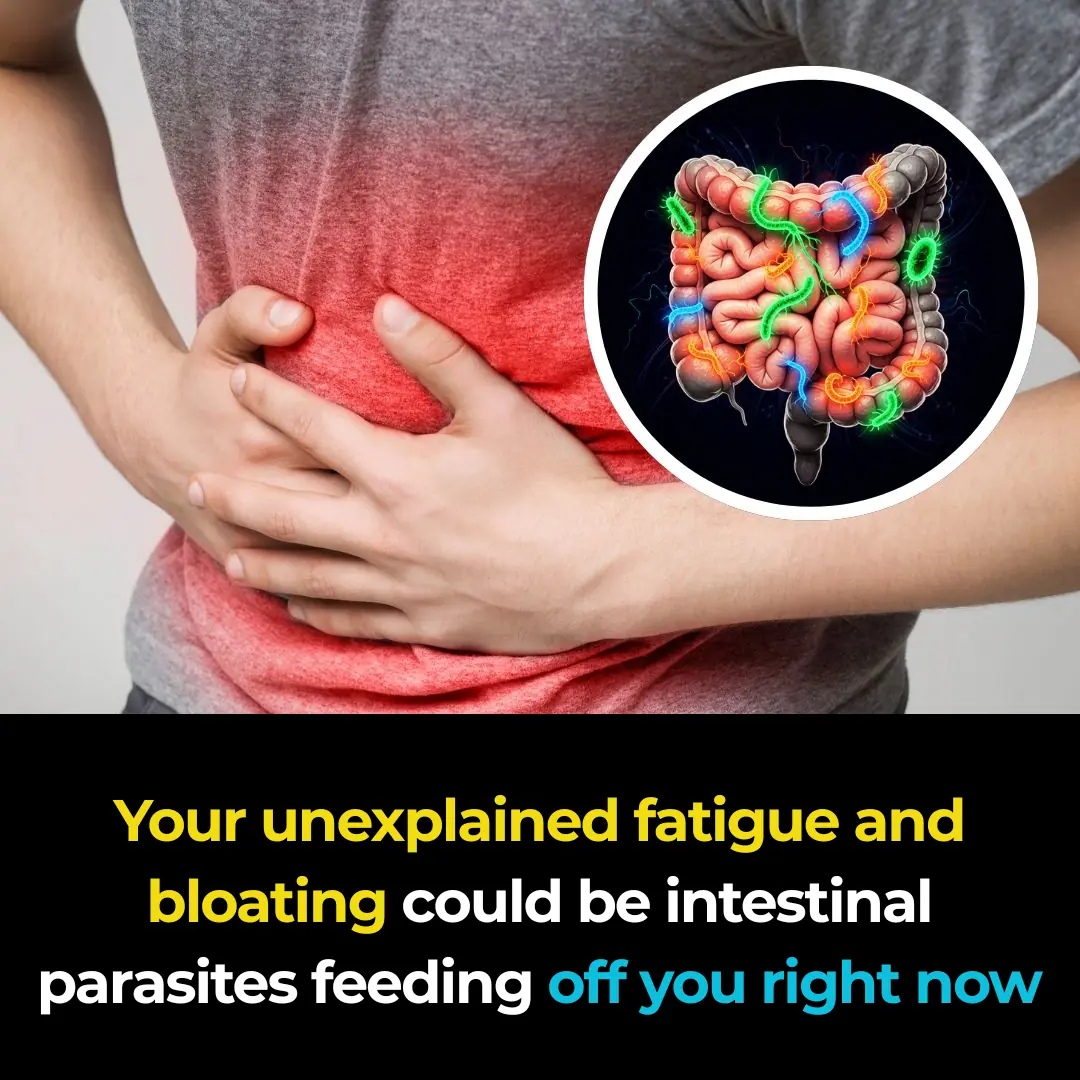
Your unexplained fatigue and bloating could be intestinal parasites feeding off you right now
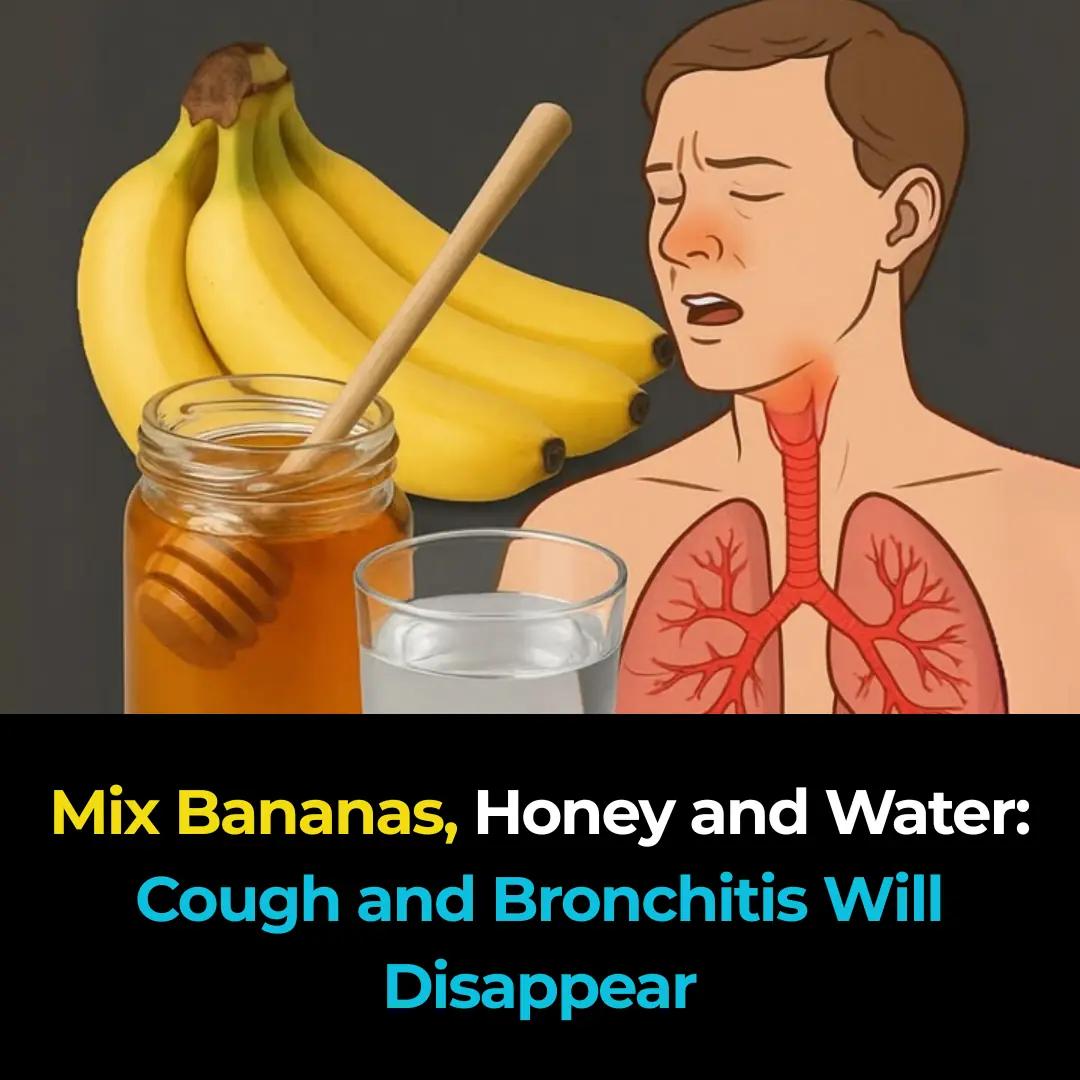
Mix Bananas, Honey and Water: Cough and Bronchitis Will Disappear

Forget 10,000 steps: Scientists prove 7000 steps gives you ‘almost identical’ life-saving benefits
News Post
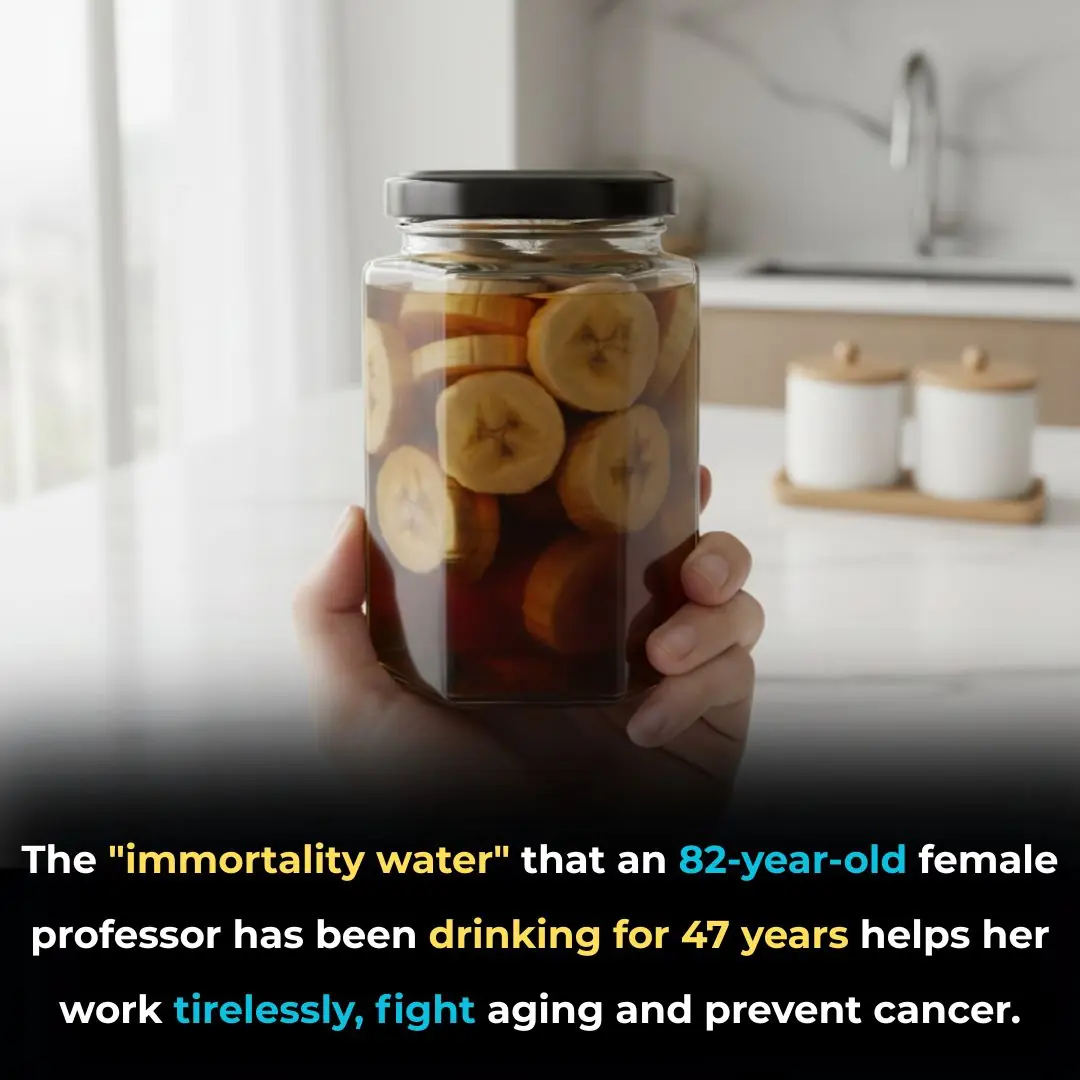
What is Black Vinegar? Nutritional Value and Benefits of Black Vinegar

9 Foods You Should Eat Regularly to Prevent Memory Loss and Keep Your Brain Sharp as You Age

Is Your Kitchen Sink Often Clogged? Pour This In for Smooth Flow Without Calling a Plumber

Hair Growth Juice – Amla Juice & Curry Leaves for Hair

Heart surgeon shares four daily habits to avoid for better health

Top 10 foods that unclog arteries naturally and prevent heart attack

Can Guava Leaves Transform Your Hair Overnight?

Tips for self-defense when encountering ferocious or loose dogs.

10 Warning Signs You’re Eating Too Much Sugar – Many People Ignore #5

Go to the market and see that pork has these 4 characteristics

Clogged Arteries Mean Poor Blood Circulation and Risks of Heart Attacks. Here is How You Can Clean Your Arteries from Plaque

Get Rid of Throat Mucus Faster With These Simple Natural Treatments That Work

Scientists Have Discovered Hidden Brain Patterns That May Predict Your Intelligence

Cactus and little-known medicinal remedies

Put an empty plastic bottle in the washing machine, I admit the person who came up with this trick has a "top notch" IQ

MAHA Chief Medical Advisor Dr. Aseem Malhotra Just Declared That No One Should Have Ever Taken the COVID mRNA Vaccines.

New mRNA Shot Turns Immune Cells Into Cancer-Killers Directly Inside the Body, Study Finds

One Vitamin That Could Transform Your Circulation
